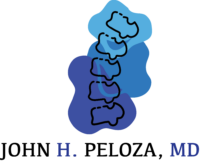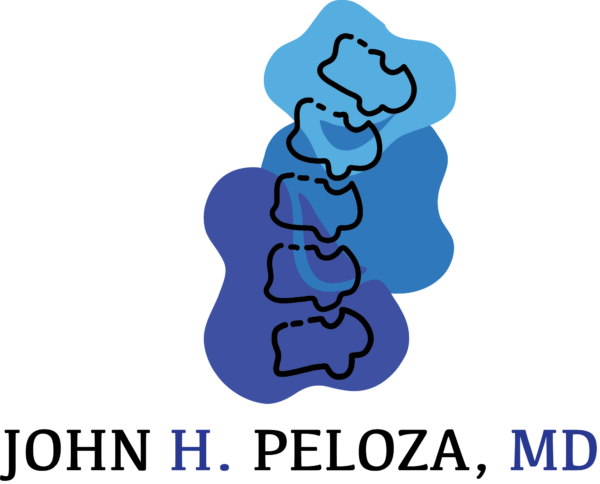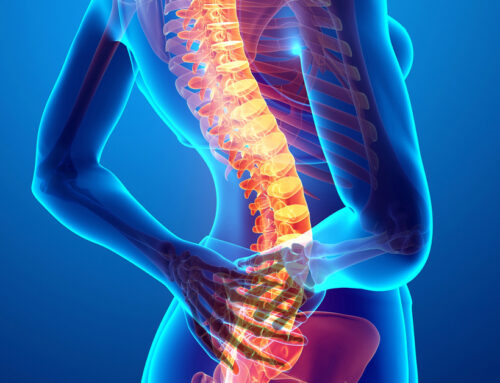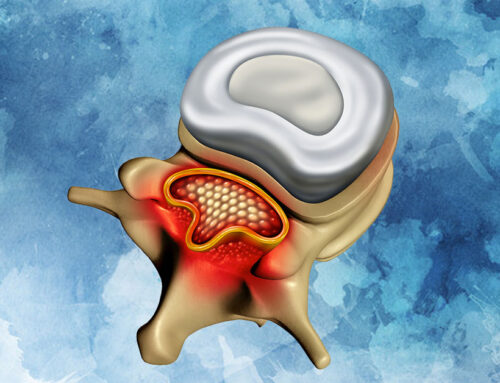
What To Do When Herniated Disc Pain Becomes Unbearable?
A herniated disc occurs when the soft, gel-like center of a spinal disc pushes through a tear in its outer layer. This can result in significant pain, numbness, or weakness, especially if the herniated material presses on nearby nerves. For some, the pain can become unbearable, severely impacting daily life. If you find yourself in this situation, it's crucial to know the steps to take for immediate relief and long-term management.
Immediate Steps for Pain Relief
- Rest and Modify Activities
When experiencing unbearable pain from a herniated disc, the first step is often to rest and avoid activities that exacerbate the pain. However, complete bed rest should be avoided as it can lead to muscle stiffness and weakness. Instead, opt for gentle activities and avoid heavy lifting or bending. - Ice and Heat Therapy
Applying ice can help reduce inflammation and numb the area, providing temporary relief. Ice should be applied for 15-20 minutes every 1-2 hours. After the initial acute phase (usually the first 48 hours), heat therapy can be beneficial. Applying heat helps relax tight muscles and improve blood flow to the area, aiding in healing. - Over-the-Counter Pain Medications
Non-prescription pain relievers, such as ibuprofen or acetaminophen, can help manage pain and reduce inflammation. Always follow the recommended dosage and consult with a healthcare provider if you're unsure which medication is best for you. - Positioning and Support
Using pillows for support can help alleviate pain while resting or sleeping. Placing a pillow under your knees while lying on your back can help reduce stress on the lower back. If side sleeping, placing a pillow between your knees can help maintain spinal alignment.
Seeking Medical Help
If pain becomes unbearable, it is essential to consult with a healthcare professional. A doctor may recommend the following:
- Prescription Medications
For more severe pain, stronger medications such as muscle relaxants, opioids, or anti-inflammatory drugs may be prescribed. These should be used under strict medical supervision due to potential side effects and risk of dependency. - Physical Therapy
Physical therapy can be a vital component of managing a herniated disc. A physical therapist will design a tailored exercise program to strengthen the muscles supporting the spine, improve flexibility, and promote proper posture. These exercises can help reduce pain and prevent future episodes. - Epidural Steroid Injections
For severe and persistent pain, epidural steroid injections can provide significant relief. These injections deliver anti-inflammatory medication directly to the area around the herniated disc, reducing inflammation and pain. - Surgical Options
In cases where conservative treatments fail to provide relief, or if there is significant nerve compression leading to symptoms like loss of bladder or bowel control, surgery may be necessary. Procedures such as microdiscectomy or laminectomy can remove the herniated portion of the disc and alleviate pressure on the nerves.
Long-Term Management and Prevention
Once the acute pain is under control, focusing on long-term management and prevention is crucial. Maintaining a healthy weight, practicing good posture, and engaging in regular exercise can help prevent future episodes. Strengthening core muscles and ensuring proper ergonomics at work and home can also reduce the risk of further disc issues.
When herniated disc pain becomes unbearable, it's essential to take immediate steps for pain relief and seek medical help if necessary. Combining rest, appropriate use of medications, physical therapy, and other treatments can help manage the pain and improve your quality of life. Long-term strategies focusing on prevention and overall spine health are equally important. If you're struggling with herniated disc pain, consult with a healthcare provider to develop a comprehensive treatment plan tailored to your needs.
```






